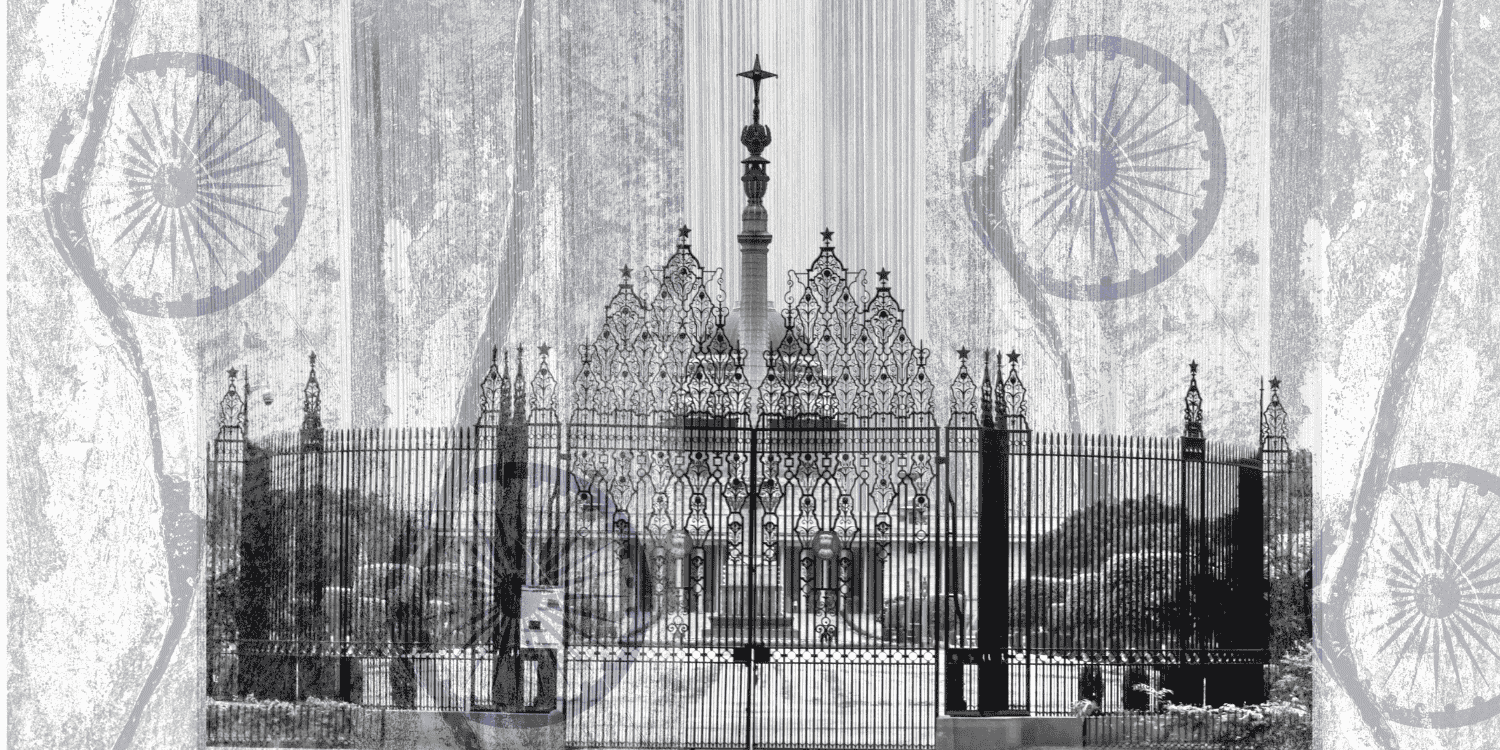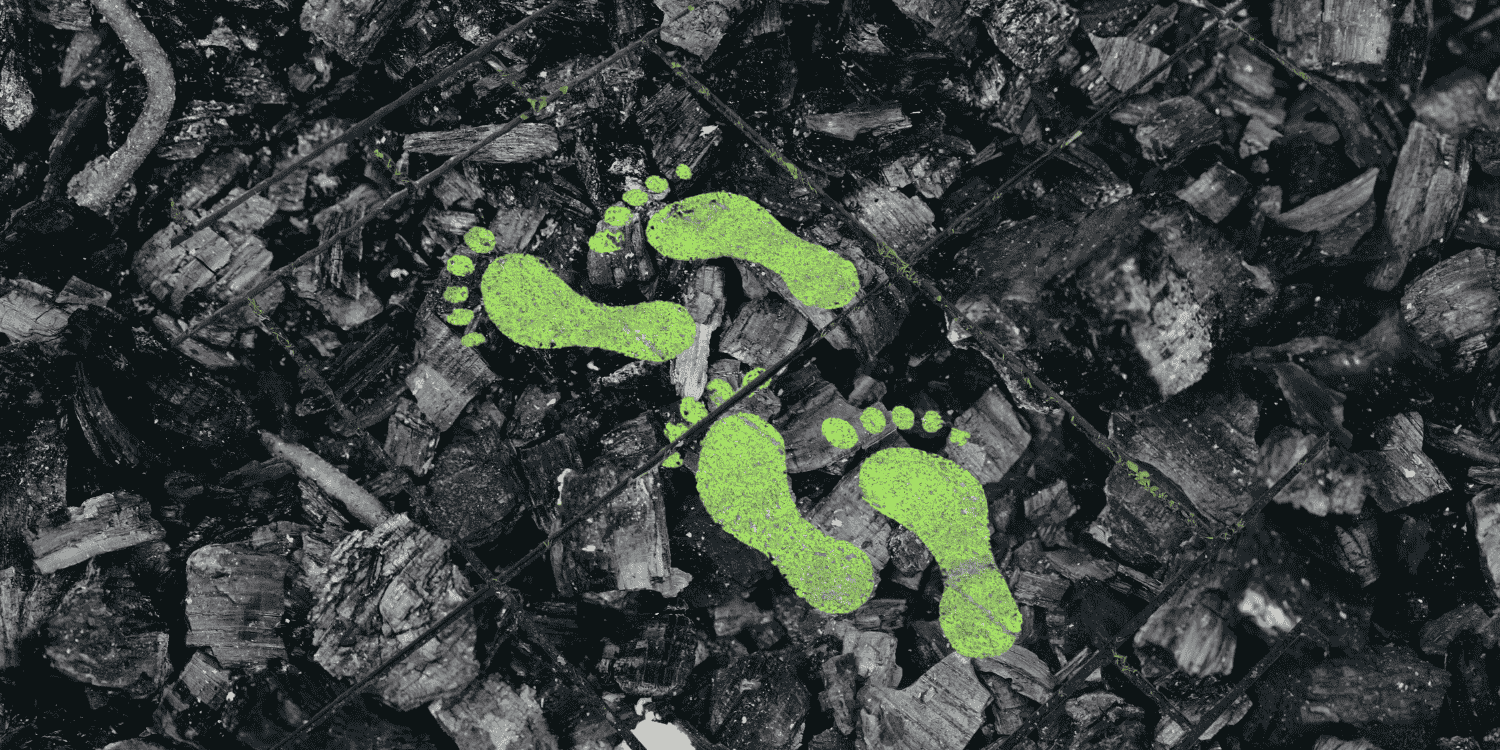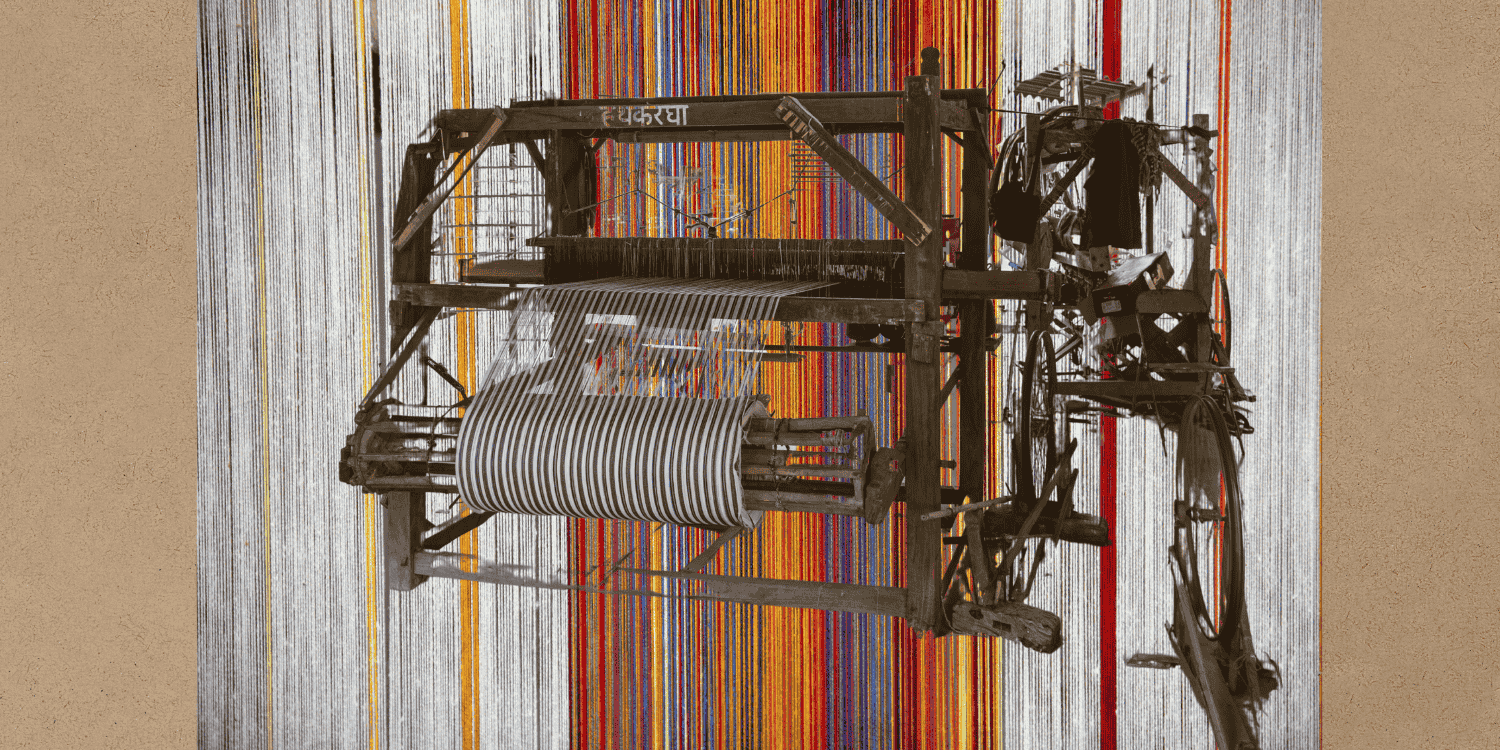Introduction
The state of Bihar published the ‘Bihar Caste-based Survey 2022’ in October 2023, revealing that the combined population of Extremely Backward Classes (EBCs) and Other Backward Classes (OBCs) constitutes almost 63% of the state’s 13-crore population, establishing them as the largest caste group in the state. This revelation sparked the demand for a caste enumeration in the National Census exercise. Caste enumeration was introduced by the British in 1881 and continued till 1931, but abandoned in independent India due to concerns about strengthening the caste system. Despite the absence of a caste census, the caste system continues to thrive, leading to discriminatory outcomes.
The Mandal Commission in 1980 estimated OBCs to be 52% of the population, extrapolating based on the 1931 caste census figures, and recommended 27% reservation to avoid exceeding the 50% reservation ceiling set by the Supreme Court. The committee had concluded that “caste is also a class of citizens and if the caste as a whole is socially and educationally backward, reservation can be made in favour of such a caste on the ground that it is a socially and educationally backward class of citizens within the meaning of Article 15(4).”
The Indra Sawhney judgement in 1992 upheld OBC reservation for public employment and education, paving the way for policies based on population share. Many government policies, including reservations and other benefit schemes, are currently based on the presumed population share of caste groups, despite the actual population size of these groups in the OBC and general category remaining unknown. The Supreme Court’s emphasis on “quantifiable data” underscores the importance of caste-related data for policy planning and resource allocation.
The history of political attitudes toward caste enumeration is complex, with Congress initially supporting affirmative action in the 1951 census but limiting it to SCs and STs. The BJP opposed the Mandal Commission, emphasising merit-based selection. The Congress’s stance post-Mandal became entangled with electoral considerations, balancing various social groups’ interests. The Congress-led UPA government initiated the Socio-economic and Caste Census in 2011, the report of which is yet to be released.
The fervour around the Bihar caste census and its extension to Andhra Pradesh and possibly other states reflects the ongoing struggle between electoral concerns and the state’s attempts to address social inequities. The absence of caste data highlights that it could fundamentally restructure welfare politics, affirmative action, and electoral dynamics. This commentary examines the issue of caste census in Kerala, providing a contextual background to caste dynamics and dissecting the stances and dilemmas faced by political parties following the All India Congress Committee’s call for a caste census. The contrasting demands of communities, illustrated through the positions of the SNDP and Nair Service Society, will also be explored.
Kerala and the Caste Census
Kerala, known for its social reform movements, has been hailed for the “Kerala model,” emphasising public action for social goods. Despite its achievements, studies have shown that inter-caste disparity persists, even in this relatively egalitarian state. Caste stratification has played a crucial role in shaping the socio-economic structure and social fabric of pre-colonial and colonial princely states like Travancore, Cochin (now Kochi), and British Malabar. Additionally, major reform movements in the nineteenth century initially focused on caste reform, involving groups such as Brahman, Nair, and Ezhava/Thiya Sree Narayana Dharma Paripalana Yogam (SNDP). Notably, E.M.S. Namboodiripad, a former chief minister and CPI-M leader, emerged from a Namboodiri Brahman reform caste association. Travancore witnessed one of the earliest Dalit movements in India, led by Ayyankali and other Dalit reformers. Caste identity has served as both the source of deep inequity and the primary tool for mobilisation and political expression in Kerala. The state’s OBC list currently comprises 84 castes, which include Ezhavas, Dheevaras, Viswakarmas, Latin Catholics, and Muslims.
The Congress party’s call for a national caste census is causing considerable concern in Kerala, where the party remains politically significant. The ruling Left Democratic Front (LDF) in Kerala, led by the CPI(M), has deferred its decision on a socio-economic caste census despite calls from various quarters. The Opposition United Democratic Front (UDF) led by Congress, usually prompt to criticise the ruling front, has interestingly refrained from complaining. The BJP, not a dominant force in Kerala, has advocated for economic reservation aligned with its national agenda, adding complexity to the caste census debate.
SNDP, representing the substantial Ezhava community, which constitutes around 25 per cent of Kerala’s population, supports the call for a proper caste census to ensure social equity and the continuation of affirmative-action measures. Although initially critical of Rahul Gandhi’s call for a nationwide caste-based census, SNDP representatives have clarified that it supports a comprehensive caste census to expose discrimination faced by backward castes in Kerala. Surprisingly, some of the dominant castes, such as Brahmin, Kshatriya, and Ambalavasi castes, support the caste census in a bid to be included in Kerala’s OBC list.
On the other hand, the Nair Service Society (NSS) has expressed opposition to the idea of conducting a caste census. Representing the dominant caste Nair community, which constitutes 14.47 per cent of the population and traditionally aligns with the Congress, NSS is concerned that the census would risk dividing various caste groups within the Hindu community and pose a threat to the unity and integrity of the country. Representatives of the NSS perceive the caste-based reservation system as detrimental, asserting that political parties advocate it primarily for electoral gains, leading to societal division along communal lines. Opposition to the caste census also comes from Syrian Christians, while the Indian Union Muslim League (IUML), representing 25.56% of Kerala’s population, supports a caste-based census. The conflicting opinions within the party have prevented the Kerala Pradesh Congress Committee (KPCC) from taking a definitive stance on the matter, because the UDF is reliant on these communities’ support.
Challenges and Considerations
The Kerala High Court, in its 2020 judgement on a petition filed by an NGO representing upper caste groups, highlighted the failure of the State Backward Commission to regularly update the backward class list and the unavailability of population share data for 73 caste groups. Acknowledging the demand for quotas for upper castes, the court emphasised the need for a socio-economic caste survey report before addressing the case, a decision upheld by the Supreme Court. However, the Pinarayi Vijayan government has yet to decide on the survey, considering potential controversy and electoral implications. The apprehension is that a redrawn OBC list may lead to demands for quota adjustments, impacting the existing political dynamics.
Conclusion
Opposition to a caste census in India arises from concerns that revealing OBC population share above 52% would trigger demands for increased reservation quotas. The Constitution (103rd Amendment) Act, 2019, providing 10% reservation for EWS, has already breached the 50% ceiling, leading to demands for expanding OBC reservation. Given varying OBC population estimates, a full caste enumeration is essential for accurate data and addressing concerns about reservation concentration among certain dominant caste groups. The Justice Rohini Commission’s report in 2023 underscores the need for a nationwide socio-economic caste census to develop scientific criteria for OBC sub-categorization. This would be crucial for states with their own OBC lists due to the diverse caste compositions.
The release timing of the Bihar caste survey, just six months ahead of the Lok Sabha polls, holds significant implications for the political landscape. The caste survey might initiate social transformation, favouring regional parties over national players. While not expected to manifest in violent demonstrations, caste consciousness is predicted to be influential. The survey’s potential impact extends beyond Bihar, assuming that it might spark similar demands from regional parties across the country. Recognizing its electoral significance, the Congress has joined regional parties in advocating for a nationwide caste census.
In Kerala, the influential NSS continues to hold sway over the state Congress’s leadership. The survival of the Congress in Kerala hinges on resolving this issue without alienating the AICC, NSS, and SNDP sentiments. The potential polarisation of Kerala’s society could have unpredictable consequences and lead to unrest, impacting the political landscape in the state. The caste census may enhance Congress’ electoral prospects nationally but may also face challenges and backfire in Kerala.






